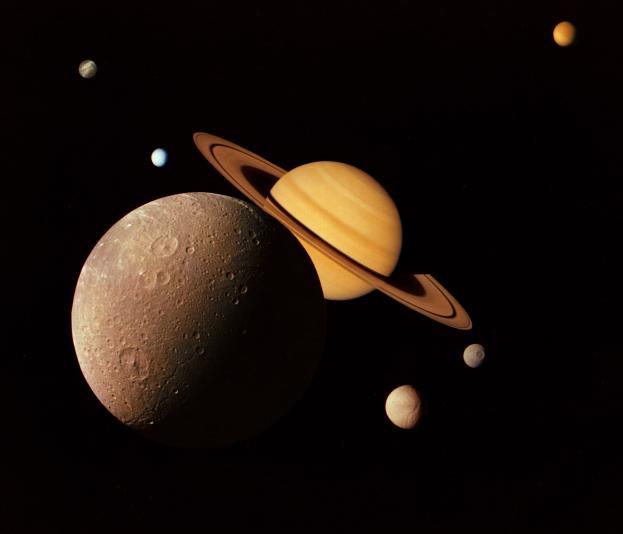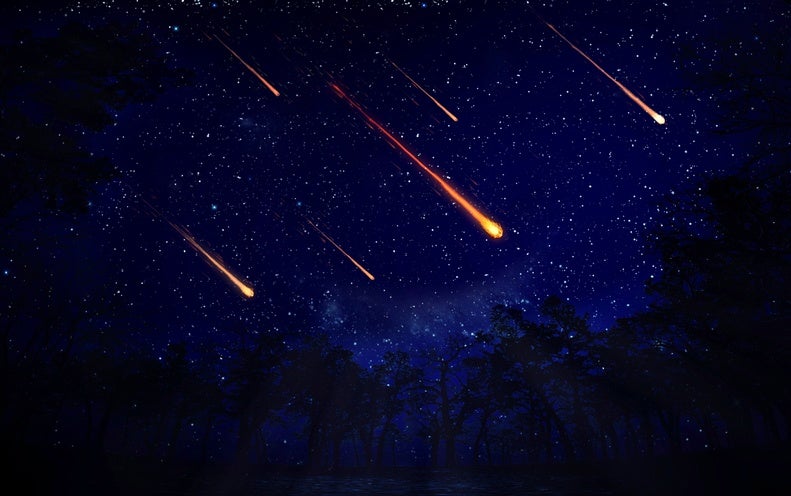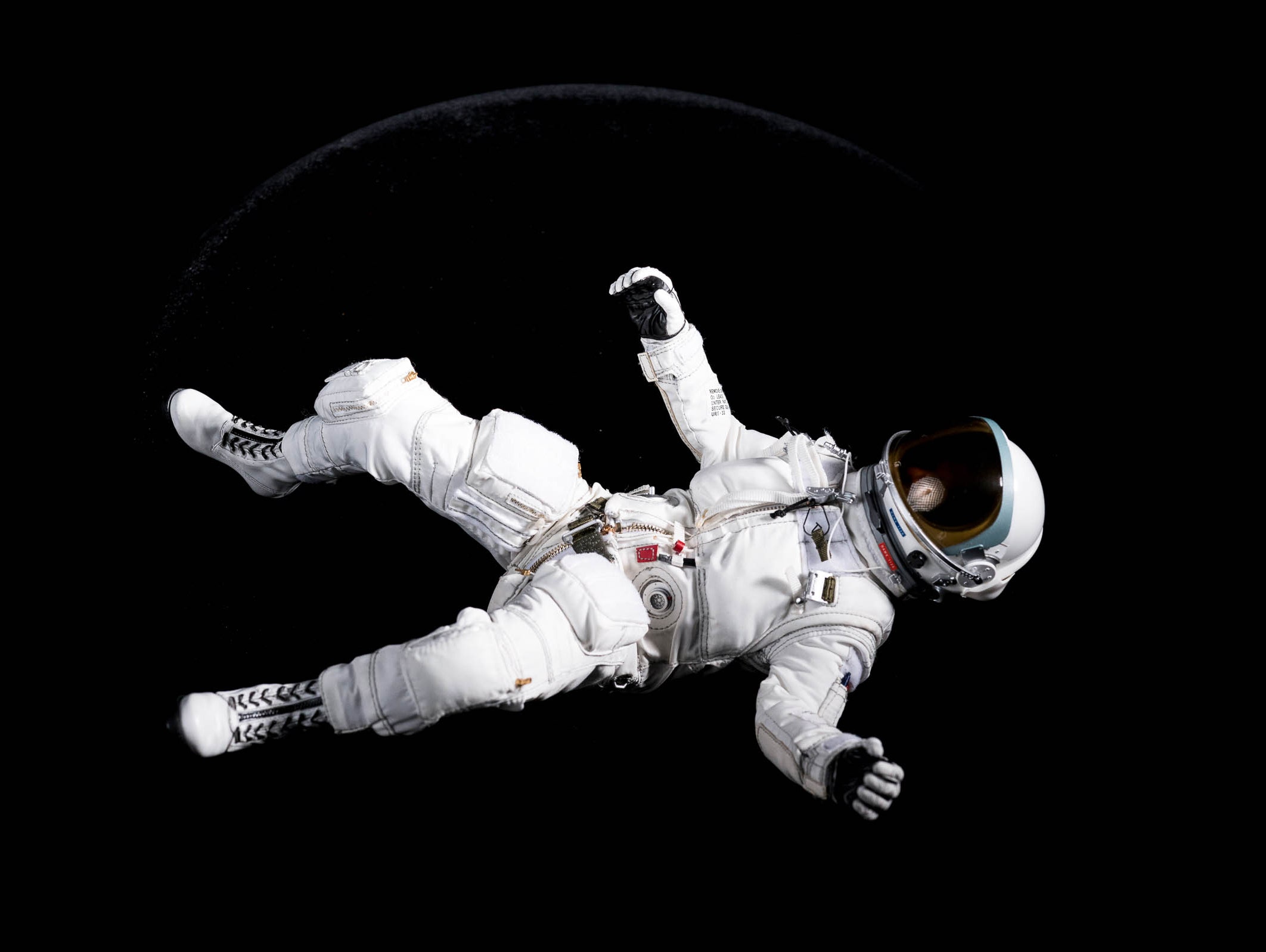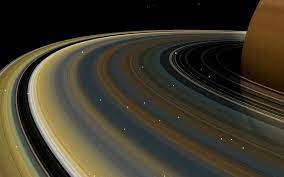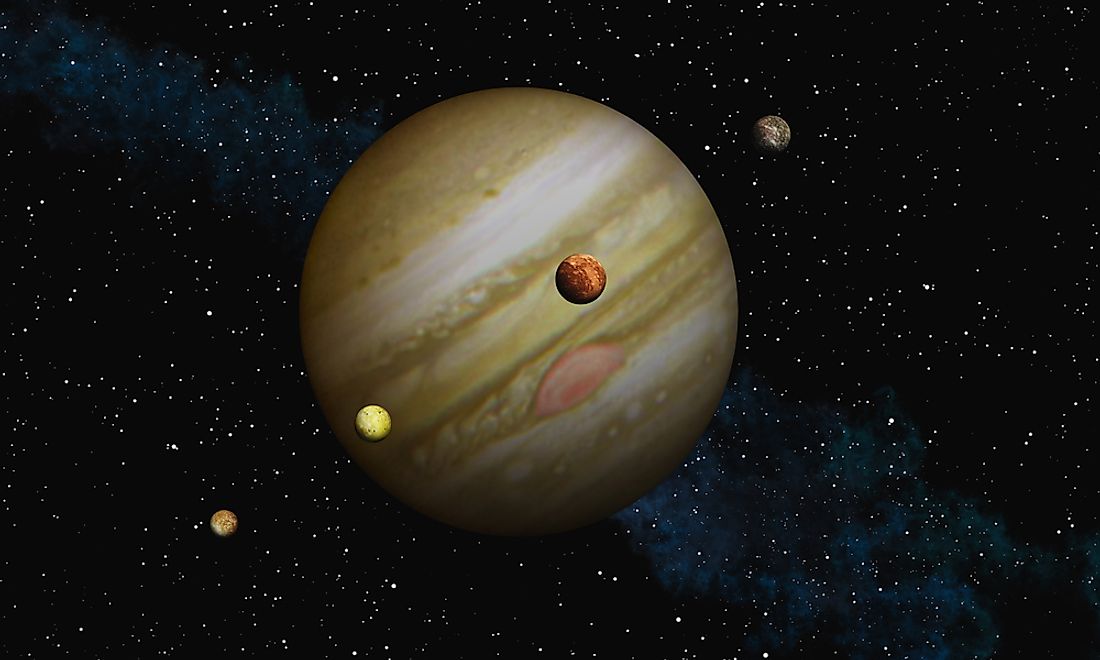Mercury means:
In astronomy mythology, Mercury was the Roman version of the Greek god Hermes. He was the messenger for the other gods, and for this reason Mercury is often depicted in pictures with winged sandals. In addition to delivering messages, he was also the protector of travelers and merchants.
How much would you weigh on Mercury?
If you moved to Mercury you would not weigh as much as you do on Earth. Not because you would lose weight on the spaceship, but because Mercury is smaller, and so has less gravity. If you weigh 70 pounds (32 kg) on Earth, you would weigh only about 27 pounds (12 kg) on Mercury.
The Planet
The planet Mercury is the closest of the planets to the Sun. Because this planet lies so close to the Sun, and as a result somewhat near to Earth, it is visible to observers on Earth in the late evening or early morning sky. Because of this, Mercury has become a part of the mythology and legend of almost every culture throughout the history of the Earth.
This planet is often called a morning star. This is because Mercury shines brightly in the early morning just before the sun rises. It has also been called an evening star for the same reason. Mercury is often visible for a brief period of time just after the Sun sets.
Mercury is Heavy
Because of its proximity to the Sun, Mercury’s evolution took a slightly different course than that of the other planets. As the Sun formed, it pushed much of the lighter gas and dust out of the inner Solar System, leaving behind only heavier elements. As a result, Mercury is made out of a large percentage of heavier elements, mainly iron. It is essentially a large metal ball of iron with a very thin silicate crust. Mercury’s core makes up about 75% of the planet. Its thin mantle, or crust, is only about 300 to 400 miles thick (500 to 600 km). Next to Earth, Mercury is the second most dense planet in our Solar System.
Mercury Has Wrinkles
As Mercury’s iron core cooled it contracted, or shrunk. This caused its rocky crust to become wrinkled. Scientists call these wrinkles Lobate Scarps. This scarps can be hundreds of miles long and even up to a mile high. Mercury’s core has not cooled completely, however. Researcher recently found evidence that Mercury has a molten core.
Mercury is Scarred
The surface of the planet Mercury is covered with craters. These craters have been created by eons of accidental encounters with asteroids and comets. All celestial bodies within the Solar System are subject to these bombardments. However, many of the planets have the ability to heal themselves through natural geological processes.
Because Mercury’s crust is so thick and hard, no volcanic activity can make its way through to the surface of the planet. Since this surface volcanic activity cannot happen, Mercury will forever retain its scars.
Mercury Has No Atmosphere
The planet Mercury is too small and has too little gravity to hold onto an atmosphere. Any gases released from the planet quickly escape into space. Also, Mercury is so close to the Sun that any atmosphere is quickly blown away by the Sun’s solar winds. That means that there is almost no air on Mercury.
Temperature Extremes
Mercury is just a little bit larger than Earth’s moon. The surface of Mercury that faces the Sun can reach about 800 degrees Fahrenheit. On the other hand, the temperature on the nighttime side can plummet to almost -300 degrees Fahrenheit. This is because Mercury has little to no atmosphere to help regulate temperature.
Time on Mercury
Because of its close location to the Sun, the planet Mercury has become tidally locked to the Sun, or nearly so. The tidal forces of the Sun have over eons of time slowed down the rotation of Mercury to match its revolution around the Sun. The result is that Mercury rotates very slowly. One day on Mercury is about 58-1/2 Earth days long. But while Mercury’s days are very long, its revolution around the Sun is rather fast. Mercury can complete one orbit around the Sun in only 88 Earth days. That’s just about 3 months here on Earth. This is why Mercury’s name is so appropriate. In mythology, Mercury was a speedy messenger, just like the planet’s speedy revolution around the Sun.
Moons:
Mercury has no moons.

